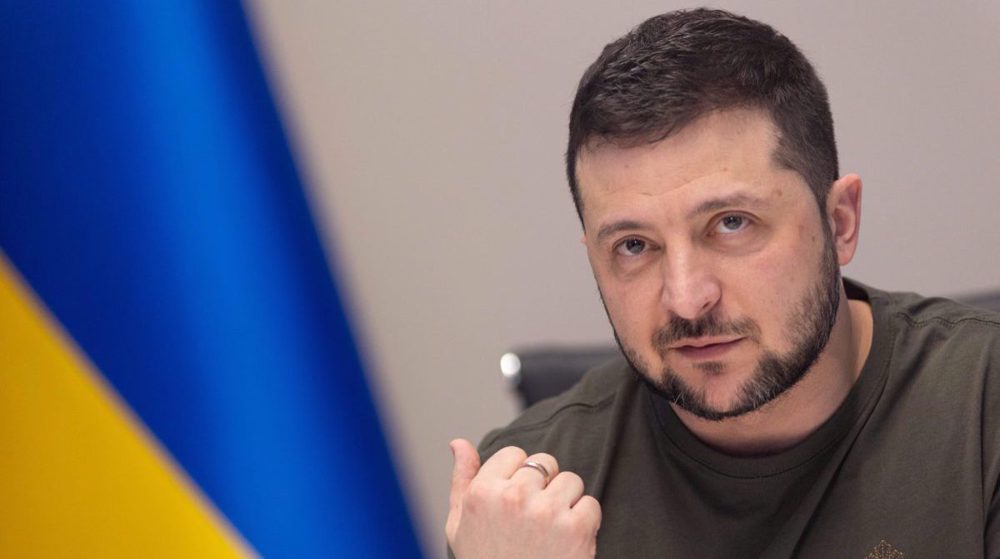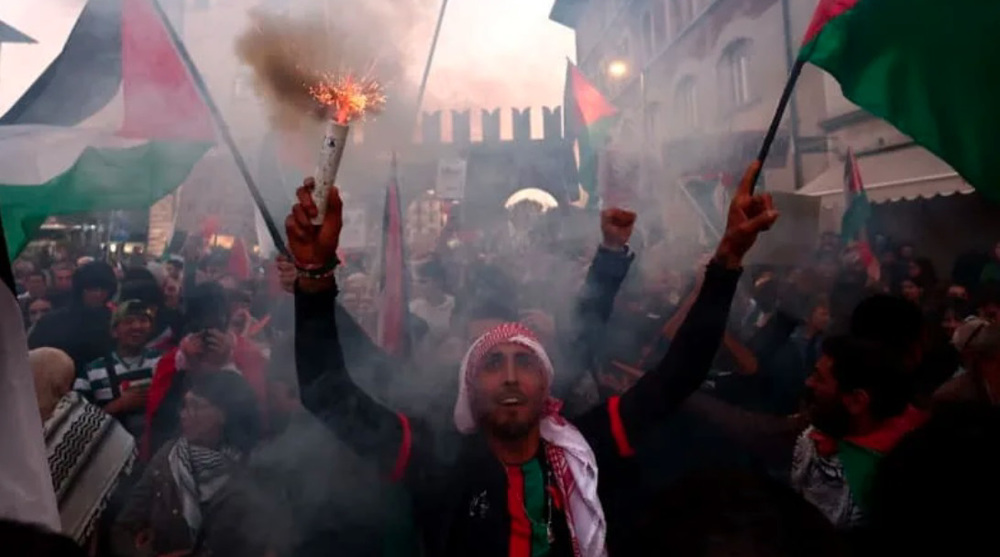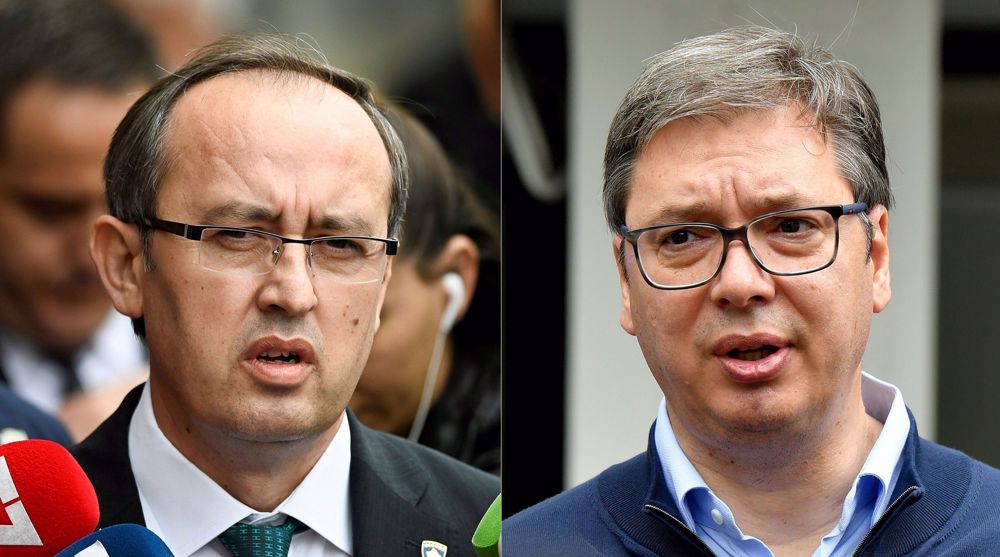Montenegro expels Serbia envoy, Belgrade responds in 'reciprocal manner'
Montenegro and Serbia have expelled each another’s ambassadors in tit-for-tat moves that are likely to deteriorate already strained relations between the two Balkan states.
Montenegro declared Belgrade’s ambassador, Vladimir Bozovic, persona non grata on Sunday, for interfering with the country’s internal affairs, the ministry of interior said.
This came after Bozovic described a decision by Montenegrin authorities in 1918 to unify with Serbia as a "liberation.”
The tiny Balkan nation was a kingdom until an assembly decided in 1918 to abolish sovereignty and join Serbia and become part of the Kingdom of Serbs, Croats and Slovenes.
Montenegro, with a population of 600,000, stayed in a union with Serbia after Yugoslavia fell apart in the early 1990s, and finally proclaimed independence from Serbia in 2006.
On Friday, the Serbian ambassador told a meeting of an association representing Montenegrin Serbs that the 1918 session was a "free expression of people's will to unite with fraternal Serbia.”
Montenegro's foreign ministry said on Sunday that despite written and verbal warnings not to meddle in its internal affairs, the Serbian envoy had interfered “in Montenegro's internal affairs” again.
"Bozovic in the most direct way belittled the state which gave him a diplomatic hospitality," said the ministry.
In a “reciprocal manner,” Belgrade also expelled Montenegrin ambassador, Tarzan Milosevic, giving him 72 hours to leave the country.
Ties between the two neighbors have strained since three opposition coalitions — dominated by the pro-Serb nationalistic camp — won a majority in an August election.
Montenegro's outgoing government, which decided on the expulsion, is now set to be succeeded by a new pro-Serb cabinet of parties.
The new cabinet is set to be voted into office on Wednesday.
The country remains deeply divided among those seeking closer ties with Serbia and Russia, and those who call for closer ties with the West.
Montenegrin President Milo Djukanovic, who ruled the nation for almost three decades, directed the country away from its traditional alliance with Serbia and Russia by joining NATO in 2017.
His long-ruling pro-Western Democratic Party of Socialists accuses Serbia of aiding pro-Serb political forces in Montenegro to install allies in power and regain influence.
At least 110 Palestinians killed in Israeli prisons since Ben-Gvir took office: Report
Iran, Azerbaijan agree to continue consultations to settle conflicts: FM
Israel allocates $830 million to settlement expansion in West Bank
VIDEO | Japaneses rally against Takaichi's erroneous remarks regarding China's Taiwan
Obituary: Prof. Abdulaziz Sachedina, a beacon of Islamic scholarship and interfaith dialogue
Gaza is the ‘first genocide’ to stir global conscience: UN rapporteur
Official: 50 Iranian nationals jailed in US heading home
Iran says US denial of uranium enrichment rights remains main sticking point













 This makes it easy to access the Press TV website
This makes it easy to access the Press TV website